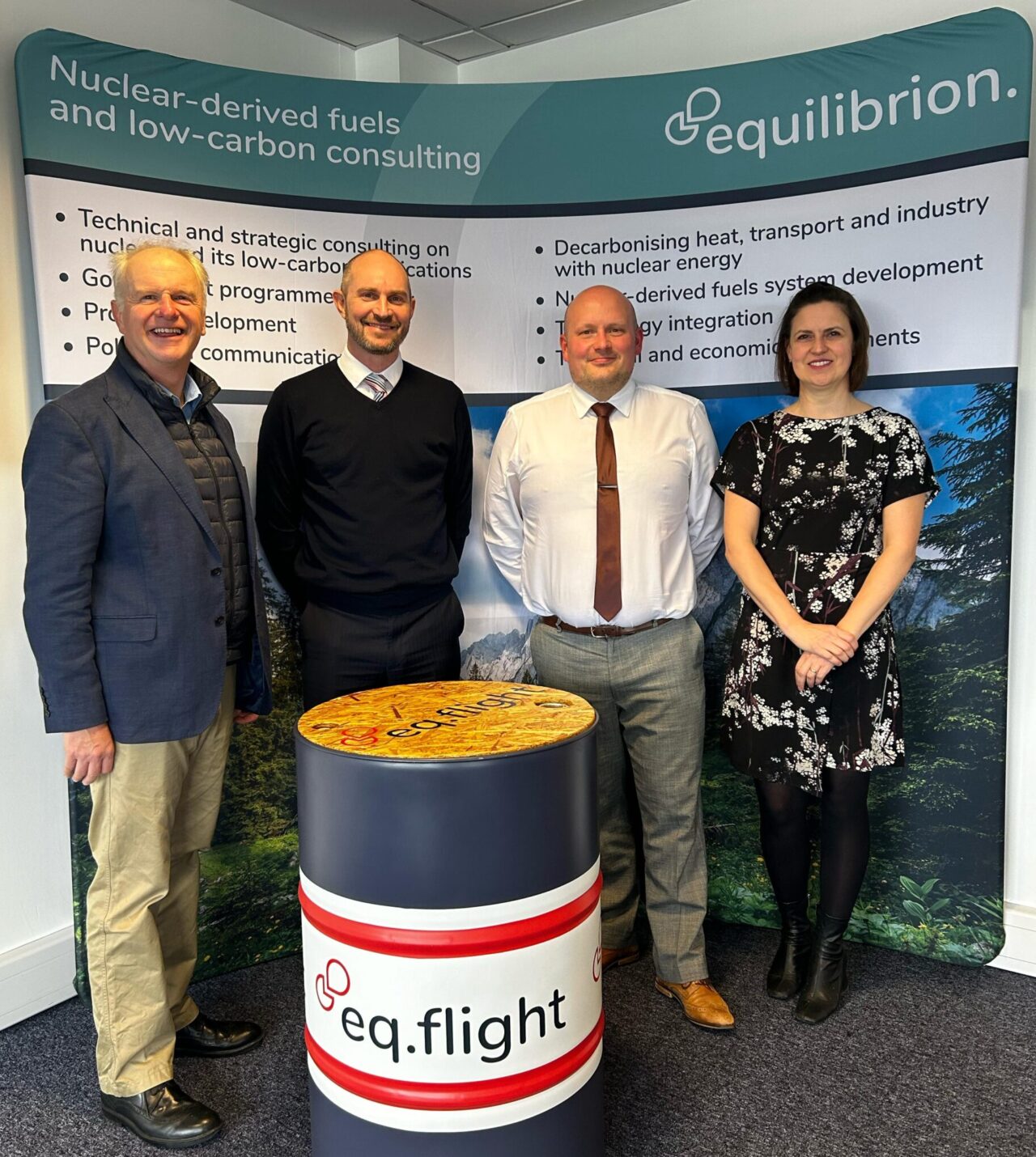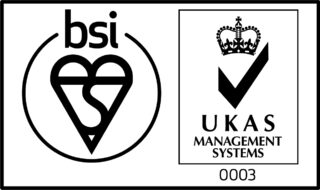Humber Industrial Decarbonisation Network, sponsored by Equilibrion

On the 26th March, Professor Joe Howe, welcomed delegates both online and in person to the CATCH Industrial Decarbonisation Network, sponsored by Equilibrion.
Phil Rogers introduced his company Equilibrion and gave an introduction to nuclear energy in the UK, including the context around nuclear ambition and the role of Great British Nuclear – which is there to drive development in the industry.
Phil presented further details about the Siting Study. The aim is to support a large region, spanning West to East Midlands up to the Humber, in understanding the potential opportunities for the siting of new nuclear generation and what the benefits could provide. They initially identified over 80 possible sites to be further refined to create a short list. Phil discussed potential benefits including growth in skills, abundant supply of heat, and clustering around energy generators and opportunities for private wire networks. The report is due to be launched end of April, early May.
Phil then highlighted a new project that is looking at the possible use of nuclear power as a method of delivering the future increased demand in hydrogen production. This project will also explore the opportunity for hydrogen production from nuclear to support a net zero transition across the gas network, in collaboration with northern gas networks (NGN and Wales and West Utilities). Phil concluded his presentation by introducing Eq.flight – a proposal for low carbon aviation fuel from nuclear energy.
Next Joe introduced Matthew Collinson, Lead Officer – Economic Growth Projects at North Lincolnshire Council. Matthew opened his talk by exploring Green Steel and the UK Steel Strategy. He explained the traditional process of making steel (oxygen steelmaking) and the green steel process using Electric Arc Furnace. Matthew advised that in February the government announced their steel strategy: the plan for steel consultation.
A British Steel planning application, that was submitted in Jan 24 has been approved to develop a single 130 tonne EAF facility using their existing site in Scunthorpe. £1.25bn will be invested to transform British steel into a clean, green sustainable business. North Lincolnshire Council, alongside three other Humber Local Authorities have, committed to the UK Steel Charter, which is a commitment to procurement practices to include more UK made steel to support the economy.
Matthew told the group that NLC are seeking to develop a green growth policy that will allow for the enhancement of existing investments into manufacturing green energy projects, alongside local and combined authorities, to support new inward investment opportunities. Whilst supporting the existing energy and decarbonisation initiatives.
Lastly Matthew gave an update on The Northern Lincolnshire Artificial Intelligence (AI) Growth Zone. This project will bring forward extensive infrastructure capable of delivering more than 1.5 gigawatts of AI processing power. The zone is planning for 4 campus sites in Northern Lincolnshire that are deliverable before 2030.
After the break, Katie Privett, Regional Insights Manager at Northern Powergrid presented New Distribution Future Energy Scenarios 24-2050. Katie introduced Northern Power Grid, the organisation that moves energy through the North East, Yorkshire and Northern Lincolnshire areas.
The DFES outlines the expected demand, flexibility and distributed generation and battery storage update up to 2050, through modelling and using local plans. From 2024 this includes more local engagement, planning, housing, employment land and large demand generation. Northern Powergrid encourage stakeholders to participate in their forecasts to align with local and regional plans and help prioritise areas for investment. Katie explained they use that data to ensure network capacity is available to support regional demand.
Katie highlighted that peak demand has been reducing since 1980’s, partly due to energy efficiency in modern household appliances and in part due to de-industrialisation. More recently we can see an upturn in peak demand and expect this to continue to rise due to electrification technologies.
All speakers took questions and Joe thanked the speakers and delegates for their participation.
The date of the next meeting is Tuesday 3rd June, during Humber BizWeek, taking place at Aura Innovation Centre. Registration details will be out soon. Please contact katie.hedges@catchuk.org for further information about exhibition space.






